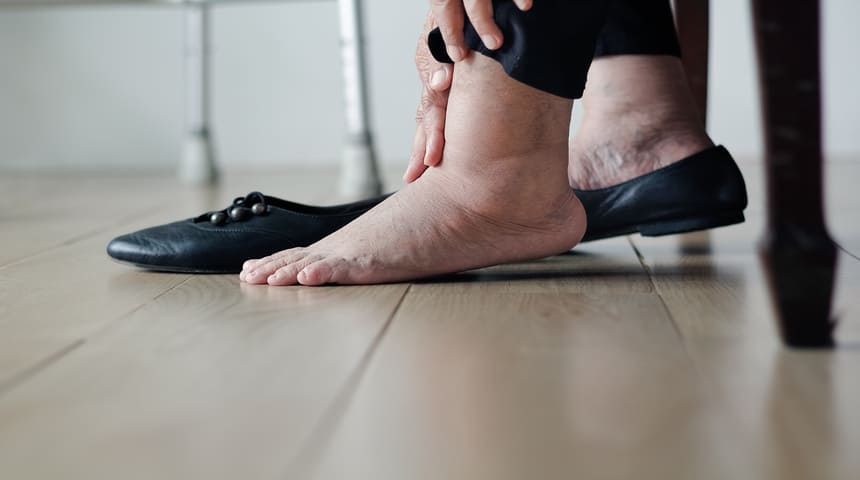Is your heart as healthy as you think, or could something be wrong? Knowing what signs to look for early on is essential, but it’s not always easy.
Heart disease is the leading cause of death for men, women, and people of most racial and ethnic groups in the United States.
It’s a general term that refers to heart problems such as coronary artery disease, hypertension, heart failure and arrhythmia, among other conditions. Heart disease is easier to treat when detected early.
10 Signs There Might Be a Problem
1. Chest discomfort or pain, called angina
2. Shortness of breath
3. Leg swelling
4. Dizziness or lightheadedness
5. Nausea or vomiting
6. Rapid heartbeat, palpitations or fluttering
7. Skipped beats or irregular heartbeats
8. Discomfort while walking
9. Digestive issues
10. Change in exercise endurance
Because the list of signs is so expansive, it makes it easier to ignore or rationalize the signs away.
For instance, we might think our chest pain is only acid reflux or heartburn, but we may be having a heart attack. We believe swelling is due to eating too much salt rather than indicating heart failure. Silent heart attacks have no warning signs and only show up on a routine electrocardiogram.
When You Need Urgent Attention
If you are experiencing any of these symptoms, you should call 911 and seek immediate medical attention.
-
Loss of consciousness or fainting
-
New, unexplained or severe chest pain or tightening that intensifies with exertion
-
Progressive worsening of the inability to catch your breath
Most signs of an unhealthy heart are not urgent, but it’s worth talking to your primary care doctor about your concerns.
Your doctor can decide if a referral to a cardiologist is needed. However, if there is a strong family history of cardiac problems, you can often go directly to a cardiologist for an evaluation.
A basic workup at your cardiologist’s office can include:
-
Patient health history
-
Initial lab work, like a cholesterol check
-
Treadmill stress test
-
Heart ultrasound
Medication will likely be recommended if you are diagnosed with high blood pressure, high cholesterol, or coronary artery disease.
Your doctor may recommend that you improve your lifestyle to include these 6 heart-healthy habits:
1. Eat a healthy diet. Only 1 in 10 adults eats enough fruits and vegetables. Increase your fruits and vegetables and lower the number of processed foods.
2. Watch your sodium intake. Sodium increases blood pressure, and most people consume too much. When you decrease your salt intake, you help your heart.
3. Exercise routinely. Adults aged 18 to 65 should get 30 minutes of moderate-intensity activity, such as brisk walking, at least five times a week for 150 minutes total.
4. Maintain a healthy weight. Losing 5 percent to 10 percent of body weight can significantly reduce obese patients’ risk for heart disease, stroke and other problems.
5. Get good sleep. We often underestimate the restorative effects of a good night’s rest. Aim to get about seven to eight hours a night, if possible.
6. Quit smoking. Cigarette smoking dramatically increases your chances of heart disease. After you quit smoking, your risk of having a heart attack reduces by half.
Making heart-healthy lifestyle changes can also help improve other problems such as diabetes and obesity. Changing habits can be tough, but even small steps can put you on your way to a healthier heart.Choose to Stay in Touch
Sign up to receive the latest health news and trends, wellness & prevention tips, and much more from Orlando Health.
Sign Up





